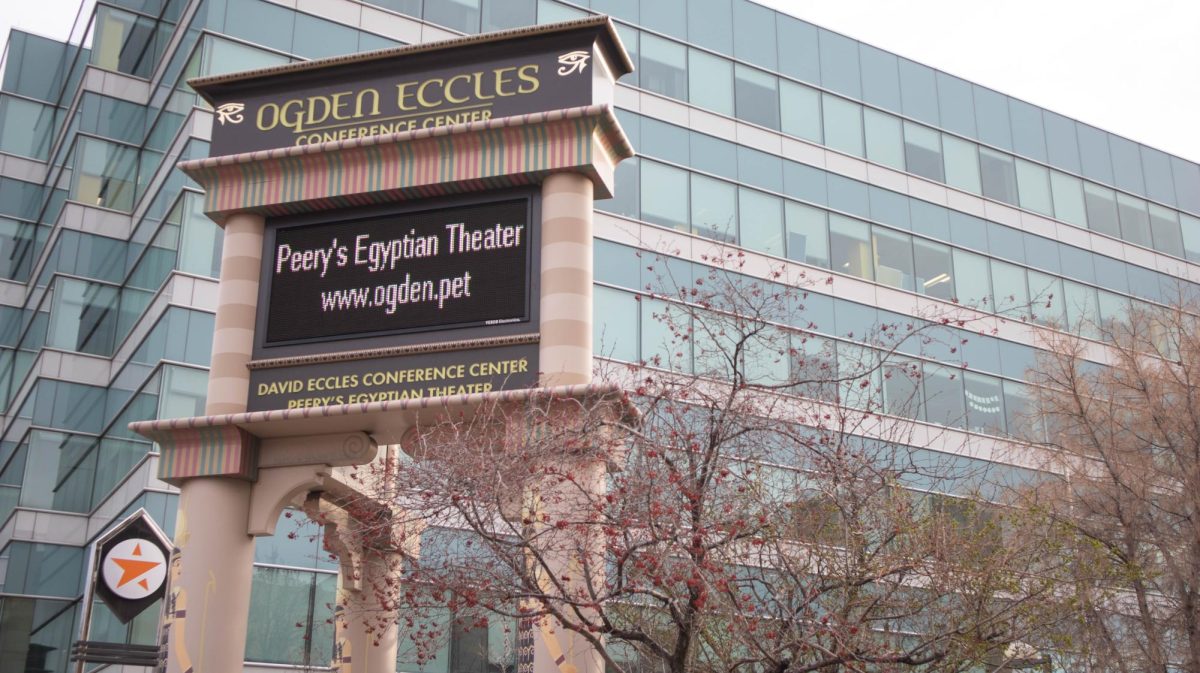The Center for Leadership in Corporate Social Responsibility explored business ethics and leadership on Jan. 31 in the Wattis Business Building.
Brad Agle, Ph.D., Brigham Young University ethics professor, spoke about his published book, “The Business Ethics Field Guide.” There are 13 ethical dilemmas, according to his book, that can happen in corporate settings and situations, and he provided historic examples to support them.
“One of the ways you know if a company is ethical or not is by their stories,” said Agle.

The 2001 Enron bankruptcy scandal was a subject of discussion. Founded in 1985, Enron was the merger of two regulated natural gas pipeline companies, but it fell apart due to suspected accounting practices.
“The innovation of natural gas was the equivalent of an iPhone for Apple,” said guest speaker Sherron Watkins, a former vice president of Enron, on the importance of the gas industry in that era.
Watkins was the internal whistleblower who brought the financial scheme to light. According to Watkins as the market matured, it became harder for the company to increase revenue.
“When you’re pushing your employees to constantly innovate, sometimes the dark side of innovation is fraud,” Watkins said.
According to Agle, the most common ethical dilemma is someone in a power relationship, such as a boss or CEO, asking their employees for unethical requests.
“Ethics is not just about doing the right thing. Ethics is about having the skills to do the right thing,” Agle said.
Agle said a great leader motivates others, organizes resources and knows how to manage difficult issues where values conflict.
“If you want to be a leader, you need to know how to persuade people,” said Agle.

Dee Fawcett, director for the Center for Leadership in Corporate Social Responsibility, organized the event to educate students in the cooperate area. He said that understanding ethics is critical to being successful in the business world.
“We want to teach students what it means to be socially responsible. That includes ethics,” Fawcett said.
Fifty students attended the lecture and participated in the discussions in addition to having the accessibility to ask questions to both guest speakers. Human resources major Sara Ascencio was one of the students in attendance.
“I really liked the event because I got to learn more about the different types of ethical dilemmas that occur in the work place and how they could be related to leadership,” Ascencio said. “I also liked how he showed us all the things that go through an individual’s mind when encountering ethical dilemmas.”













